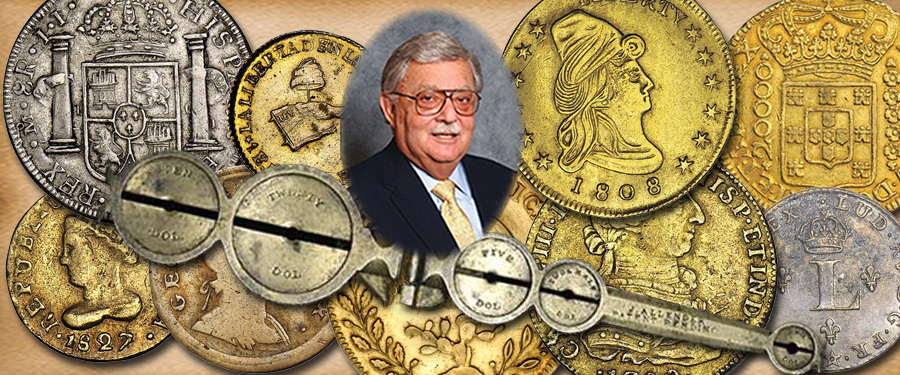
In this article I continue to tell of how the United States government’s policies to stop counterfeiting affected Stack’s ability to import and sell an important European coin collection.
Since dealing with a government agency requires a legal mind, I engaged Washington attorneys to manage the dispute. We took advantage of a Departmental hearing that took place in late 1966 as I recall. We won the case as it was determined by the official who heard the pleadings that the rulings in our case were arbitrary and capricious. Based on the facts that these were collector items — rare coins — the importation should be allowed. As is often the case, we won the battle, but lost the war.
For a few days we were happy to hear that the restrictions could be waived. The basic reason for the ruling in our favor was that the Office of Gold and Silver operations never sent or provided reason why denials occurred. However, about a week later, our attorneys got a letter from the Office that said, in effect, “Regardless of the ruling license for the collection is still denied.“ It was a shock to all of us, and we decided immediately to go to court and appeal the decision.
We had started to prepare the appeal when our attorneys heard that it would be advisable to hold back as some new rulings were forthcoming. At a PNG meeting in the fall of 1967 a government official from the Treasury Department, which had authority over the office, spoke to the gathering about the gold regulations.
In essence, his speech explained that as the intent of the import rules of 1961 had been satisfied, there was no further need for licensing of genuine gold coins of the world, with the exception of coins issued after the initial Gold Act of 1933/34, which still might need review. This was a win for all dealers, and one that would allow imports without red tape. As members of the numismatic community, and coin professionals in particular, we were very pleased that we no longer had to deal with the arbitrary and restrictive policies on importation.
However, it was a loss for Stack’s as the client became sick and required the funds for his proposed relocation in America, forcing him to sell his holdings in Europe.
In my next article, I will discuss some other ways that the coin hobby has addressed the problem of counterfeiting.





